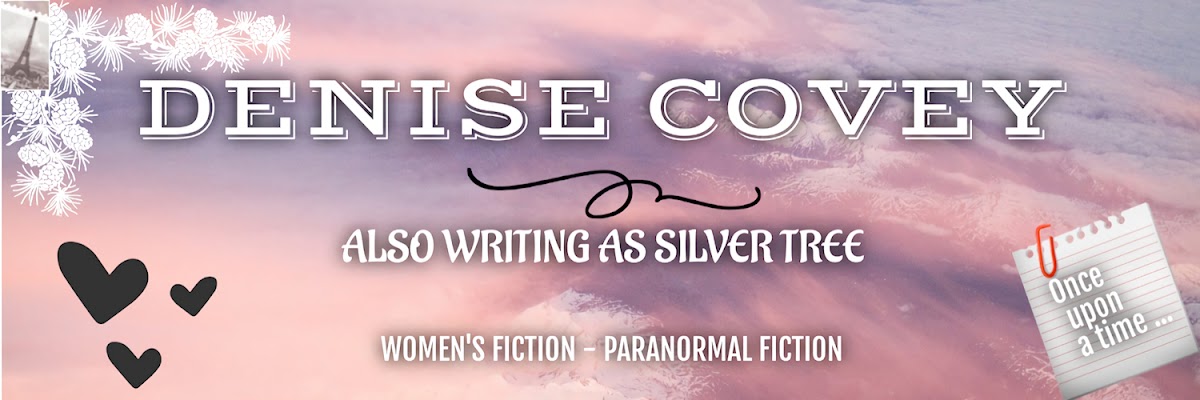 The Spare Room by much-lauded Australian author, Helen Garner, begins with a quote from Australian novelist Elizabeth Jolley: ‘It is a privilege to prepare the place where someone else will sleep.’ This quote quieted my spirit, as did the description of Helen preparing a room for her soon-to-arrive terminally ill friend Nicola, before throwing me into what is a very intimate examination of the burden imminent death can put on the living.
The Spare Room by much-lauded Australian author, Helen Garner, begins with a quote from Australian novelist Elizabeth Jolley: ‘It is a privilege to prepare the place where someone else will sleep.’ This quote quieted my spirit, as did the description of Helen preparing a room for her soon-to-arrive terminally ill friend Nicola, before throwing me into what is a very intimate examination of the burden imminent death can put on the living. The Spare Room didn’t read like a work of fiction; it seemed a factual account of two friends tested beyond endurance. Some wags have said that Helen Garner has published her diaries and called it a novel. There's some truth in this as I’ve since learned that the writer Helen Garner had nursed a terminally ill friend. Maybe that is why The Spare Room is not at all sentimental; rather it’s cruelly down to earth, a tide that surges between tenderness and brutal truth as for three harrowing weeks the women battle with each other.
When her bohemian friend Nicola arrives, weak and ill, Helen is launched into nursing care. She puts her life on hold and at first pretends to share Nicola's hopes for a miracle cure. Nicola has come to undergo a three-week program of what Helen considers quack treatments.
On seeing the clinic, Helen’s description is telling: it ‘is painted a strange yellow, the color of controlled panic.’ She keeps her murderous anger to herself while seeing her friend naked in an ‘ozone sauna’ while charlatans chatter about the miracle of vitamin C injections which ‘sort of scoop the cancer cells out of your body.’ Nicola laughs at Helen's skepticism and explains that the devastation done to her body is ‘only the vitamin C savaging the tumors and driving them out.’ I, as a reader, think Helen is somewhat harsh – if you are terminally ill with no hope, surely you are permitted to look for a cure that may be illusory, yet offers some little hope.
The Spare Room is powerful. The illness of Nicola, the anger of Helen – it is all over quickly, a few weeks gone by in a few reading hours. Helen shares insights on death: ‘It leaches out virtue. It injects poison into friendship, and makes a mockery of love.’ She is so honest in the telling.
Carers in our society are usually portrayed as saintly, but Helen doesn’t hide her irritation at taking on the role; having her life disturbed, often making interjections about trips she must take. Nicola’s refusal to face reality and the impact this has on those around her is told very honestly, not a saint in sight.
This novel will haunt me for years for the things that may be ahead – illnesses of loved ones, friendships tested, loneliness, frustration, anger. Maybe there will be a house with a spare room I will be setting up, or perhaps someone will be setting one up for me.
As well-known Australian media personality, Derryn Hinch, says as his sign-off line each day on his radio program – ‘That’s Life.’
For more Aussie Book Reviews, go here.
I first published this review on Bookersatz, where you'll find lots of excellent reviews of all genres.


5 comments:
I love the cover of this book. It sounds good, definitely will go on my to read list. Thank you for the review.
I will be checking out this book. Thanks for the review,
Jane
Now I want to read this book. Thanks for the great review!
Great review!
It does sound as if Helen could use a bit more compassion but it also sounds like a good read. I might be tempted to start yelling at the book, telling Helen to cut poor Nicole some slack.
KarenG, Jane, Merrilee, Terry: Thanks for reading the review and commenting. It is really a great book and quite funny in a black way..:)
Post a Comment